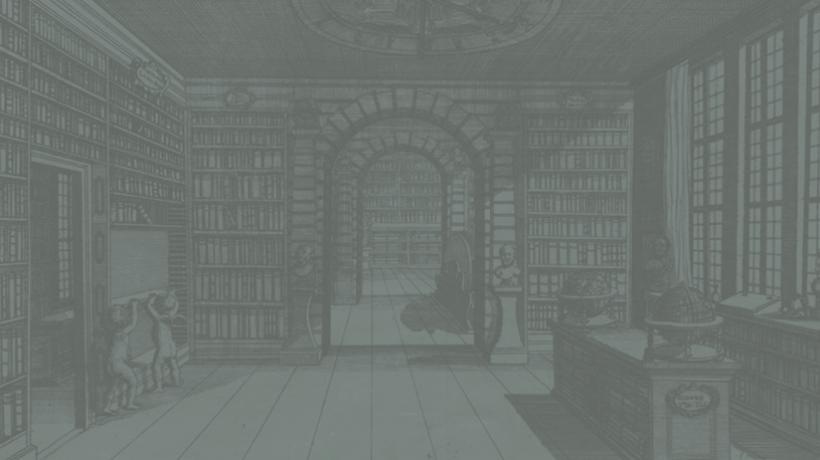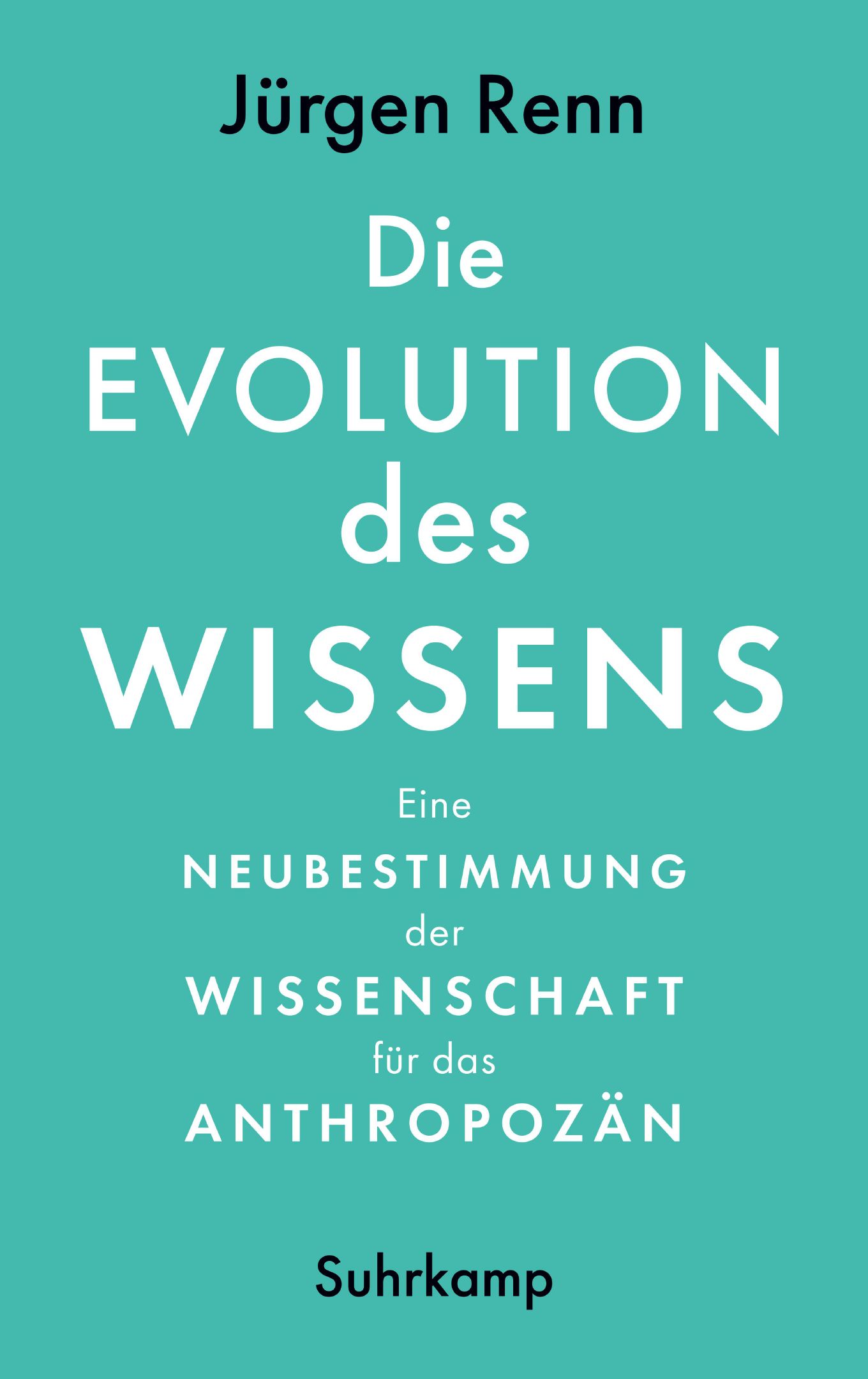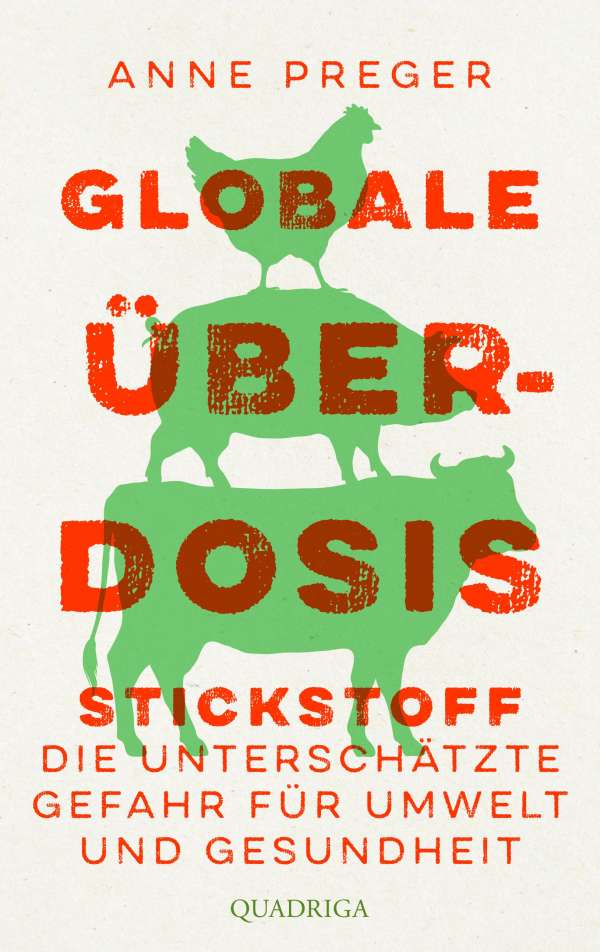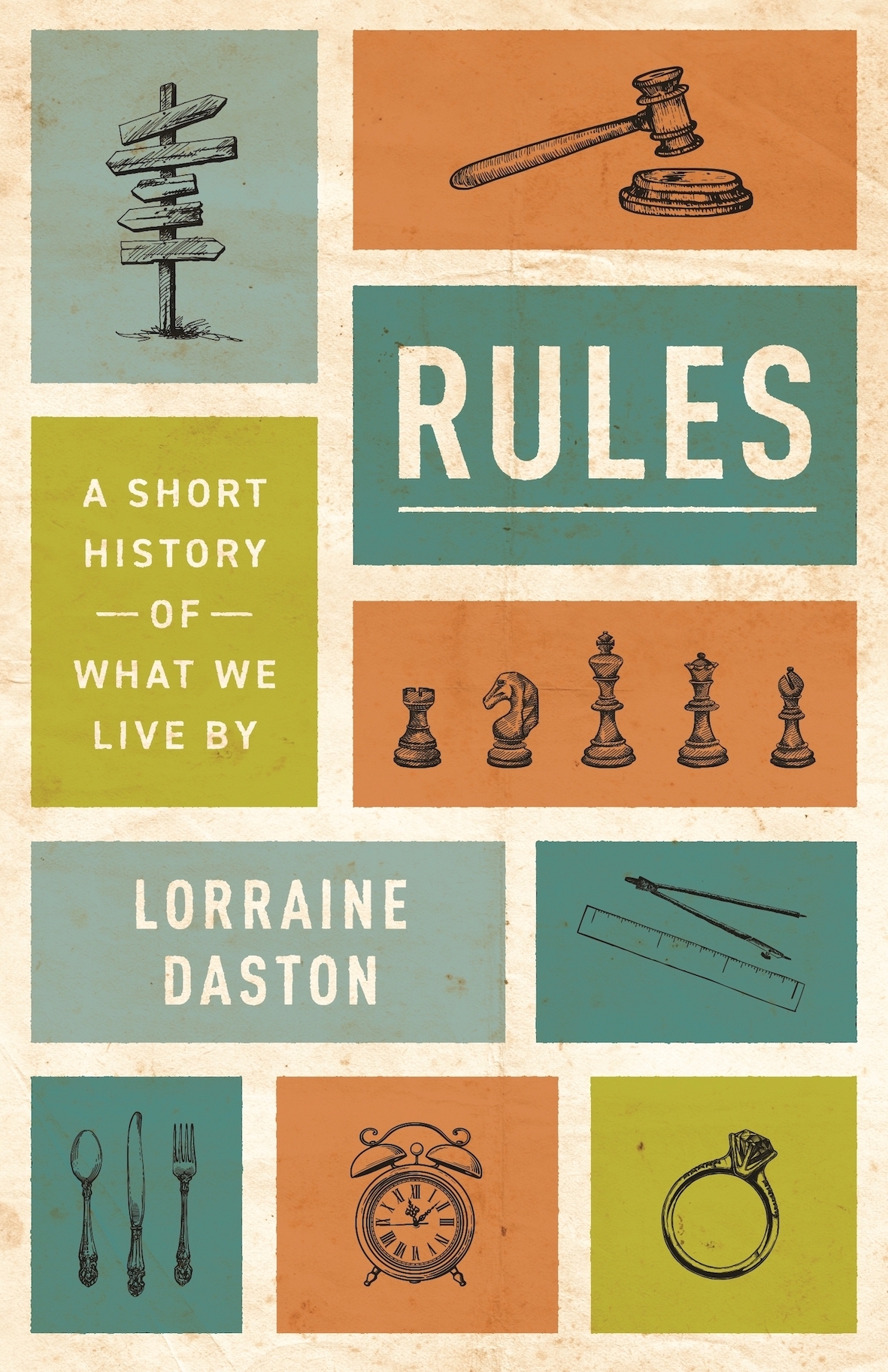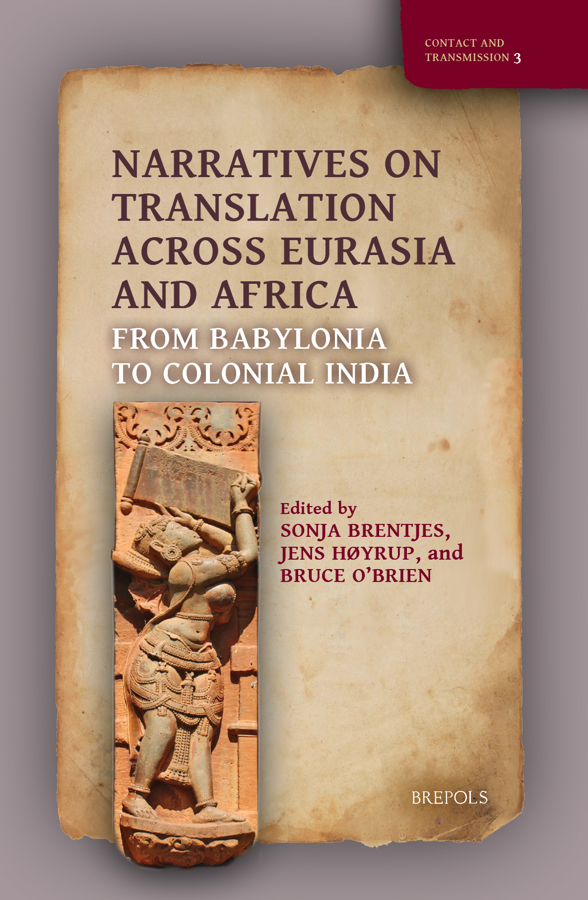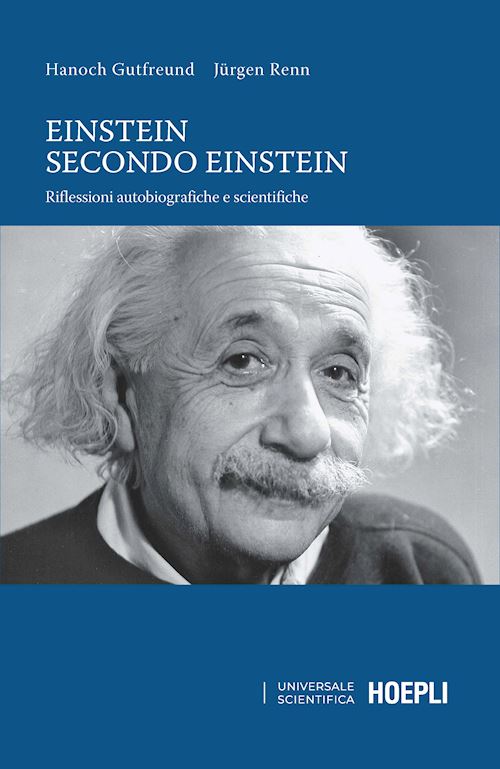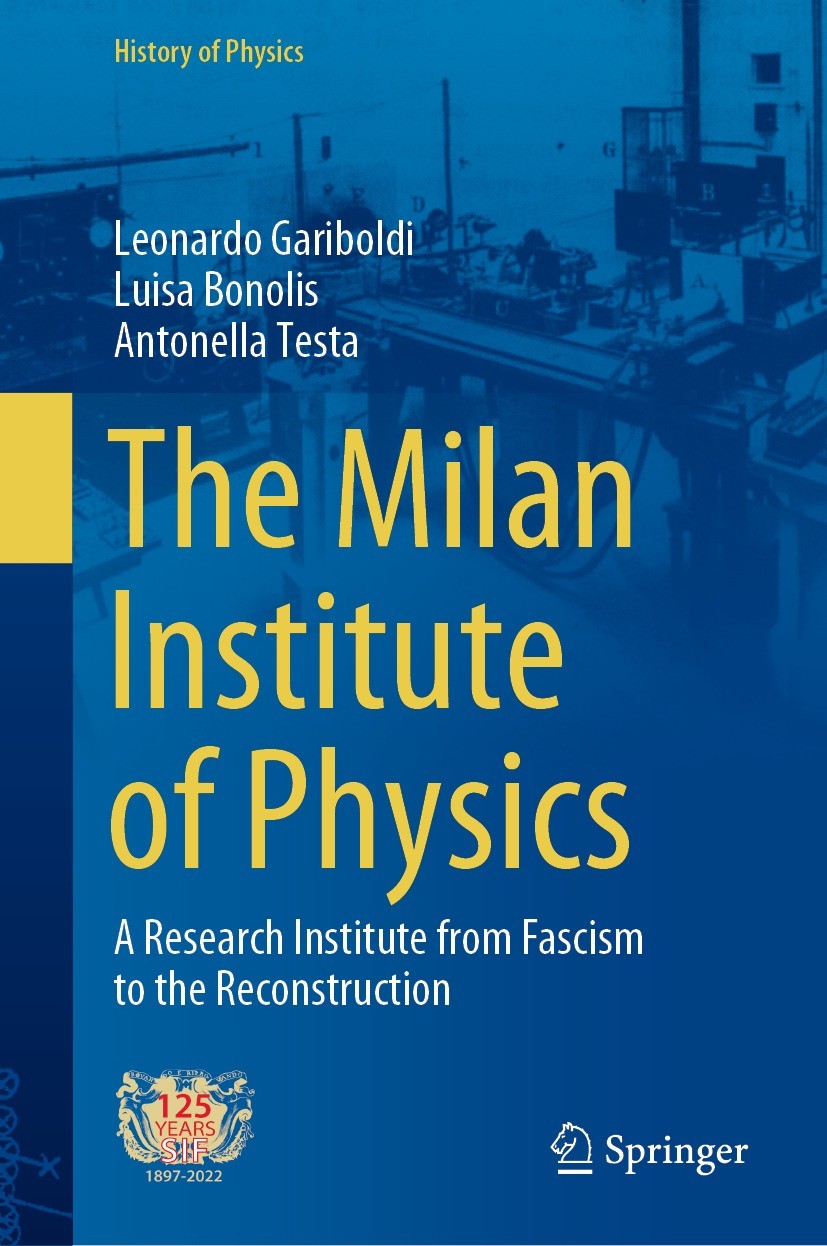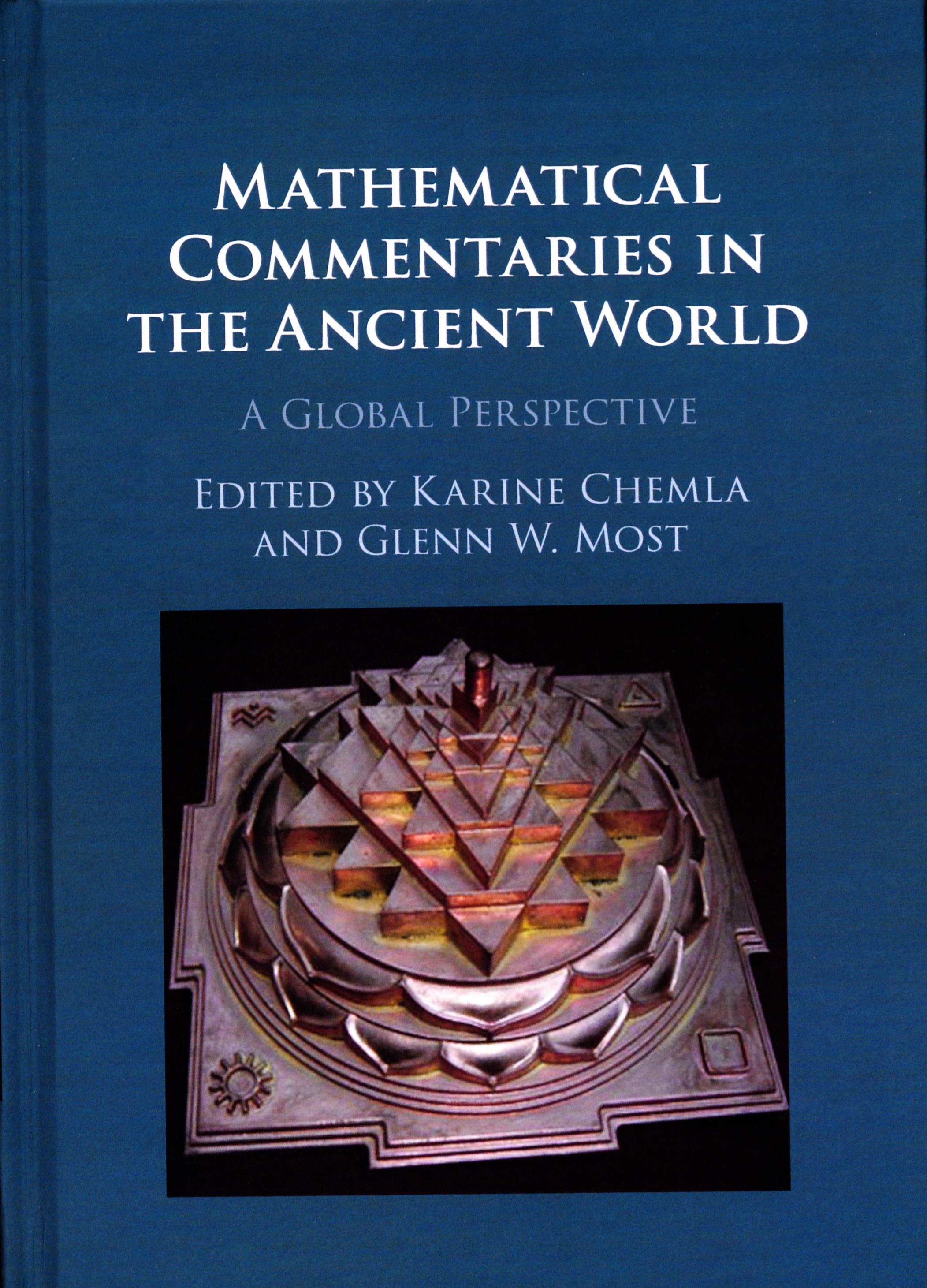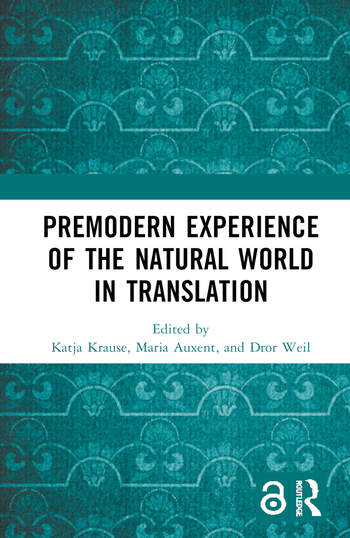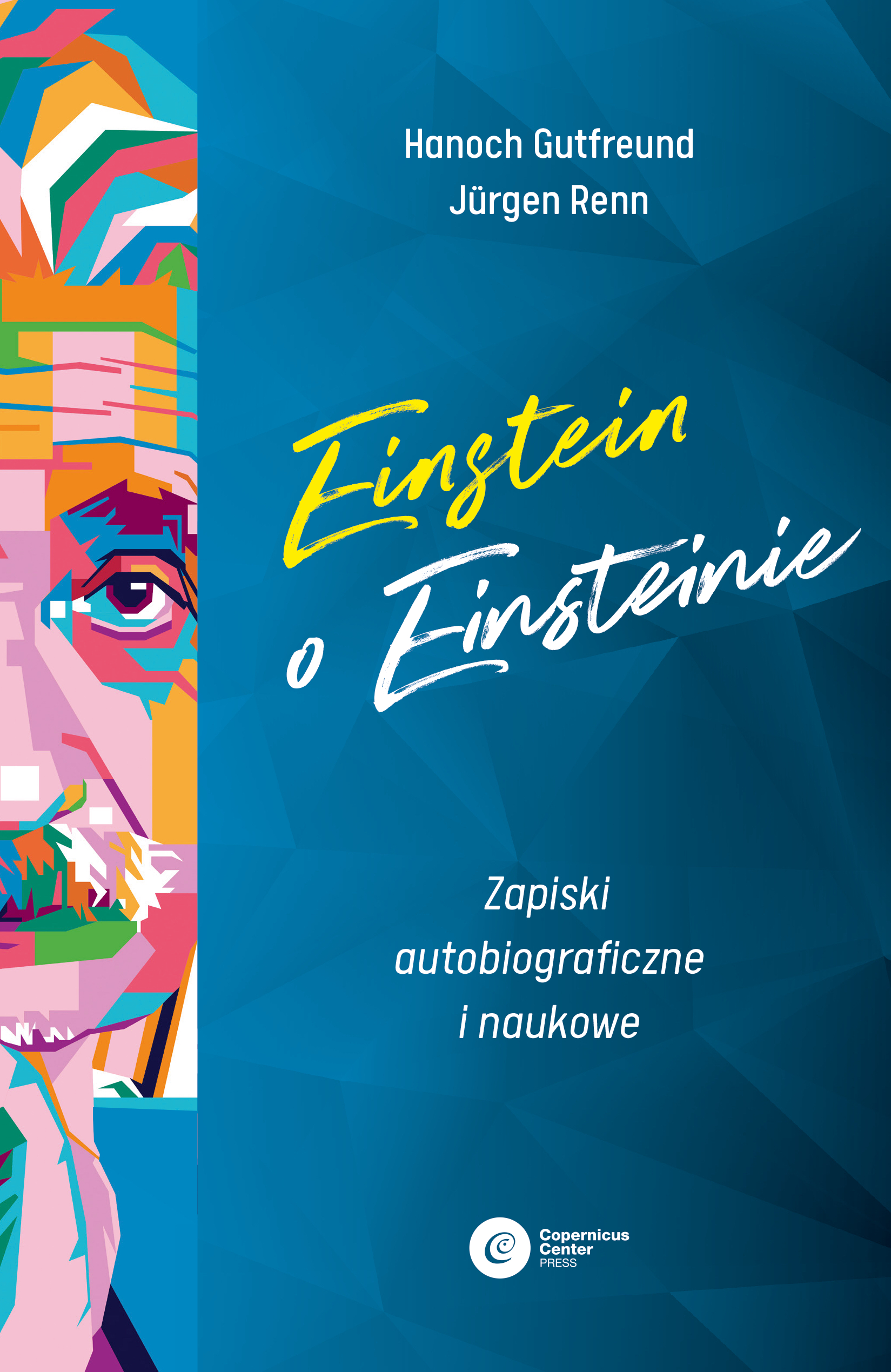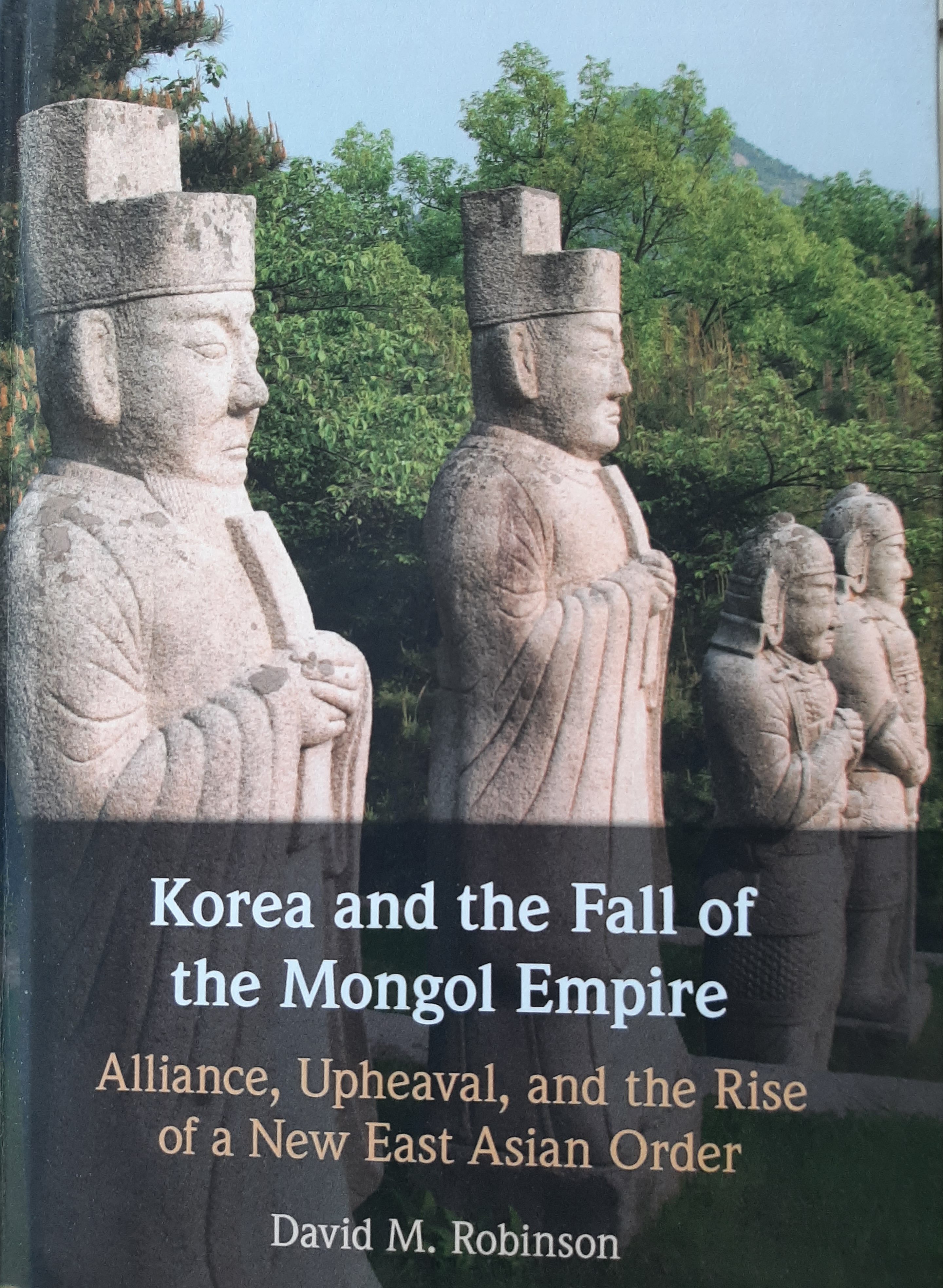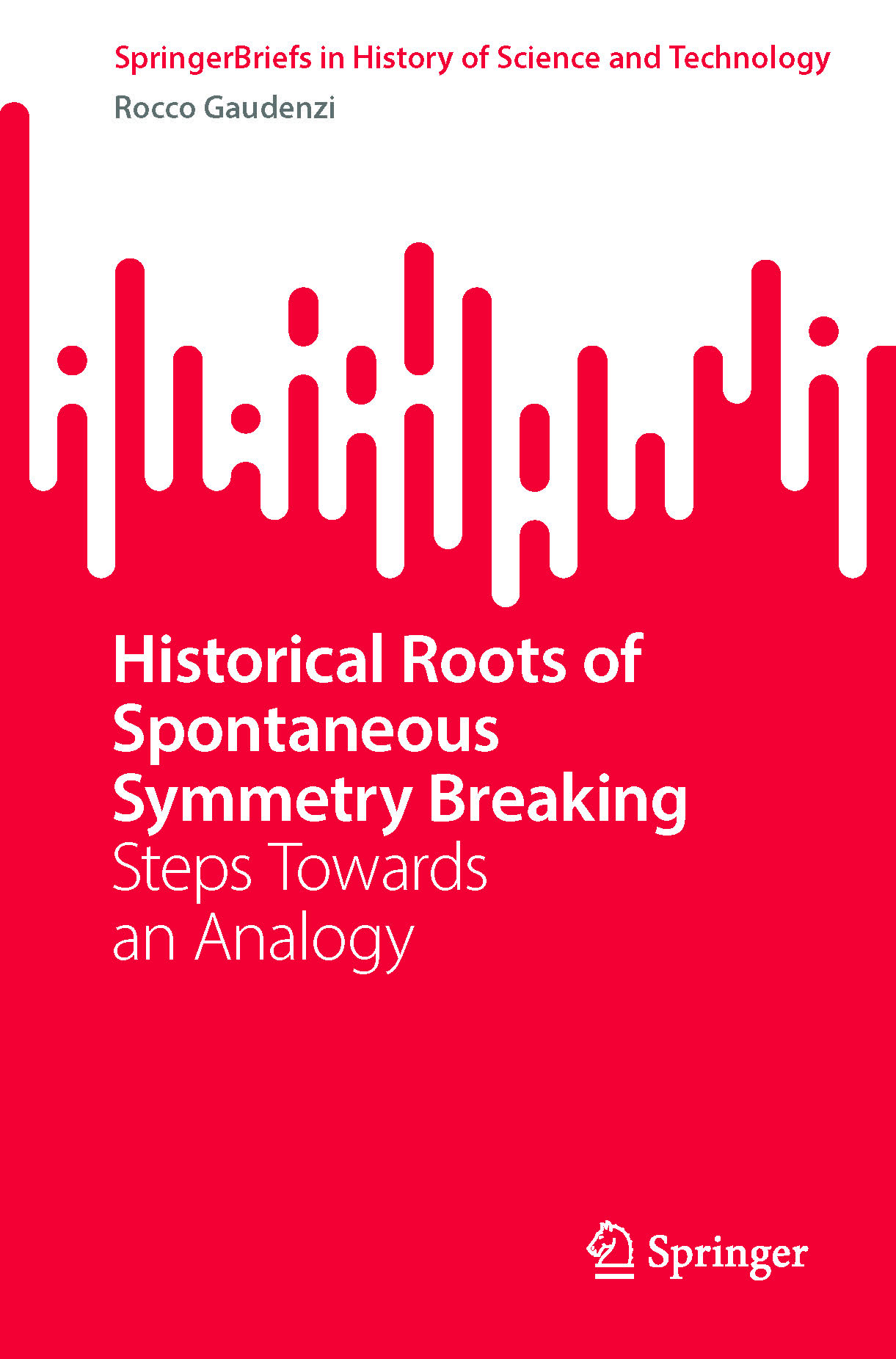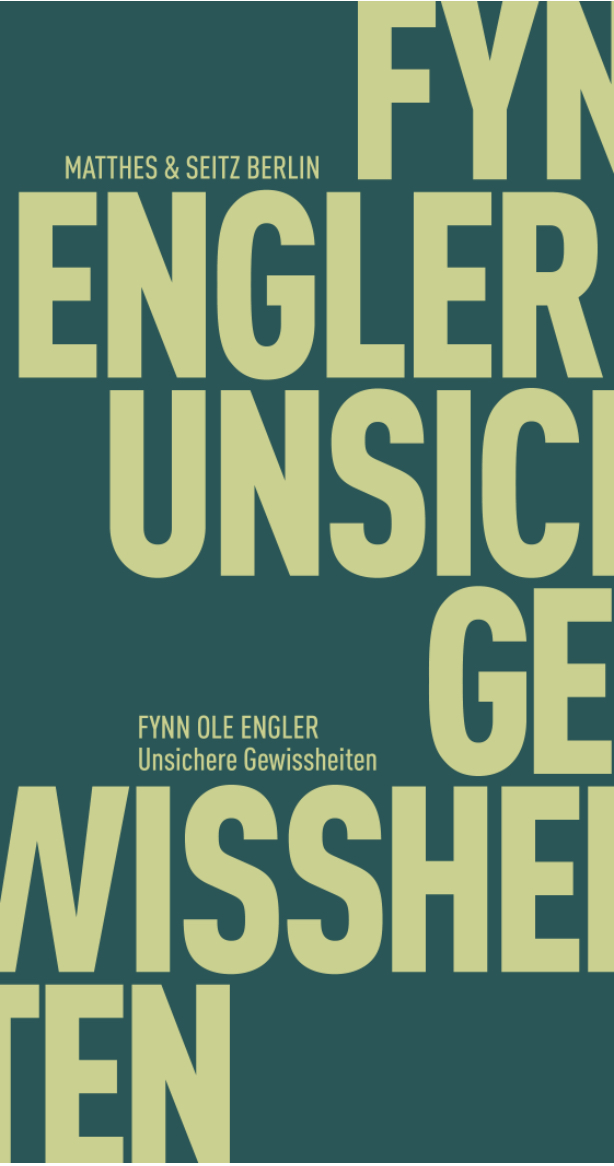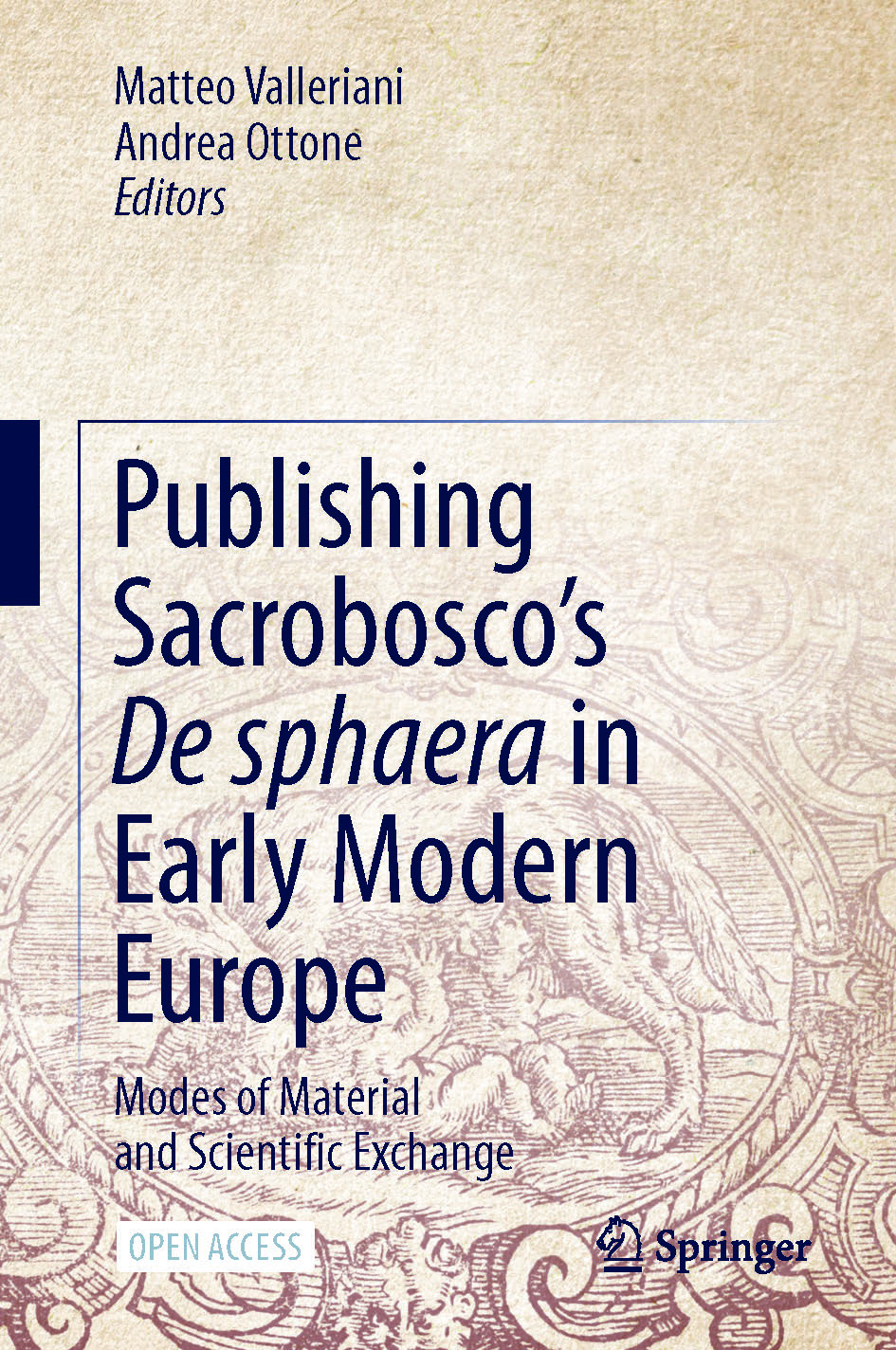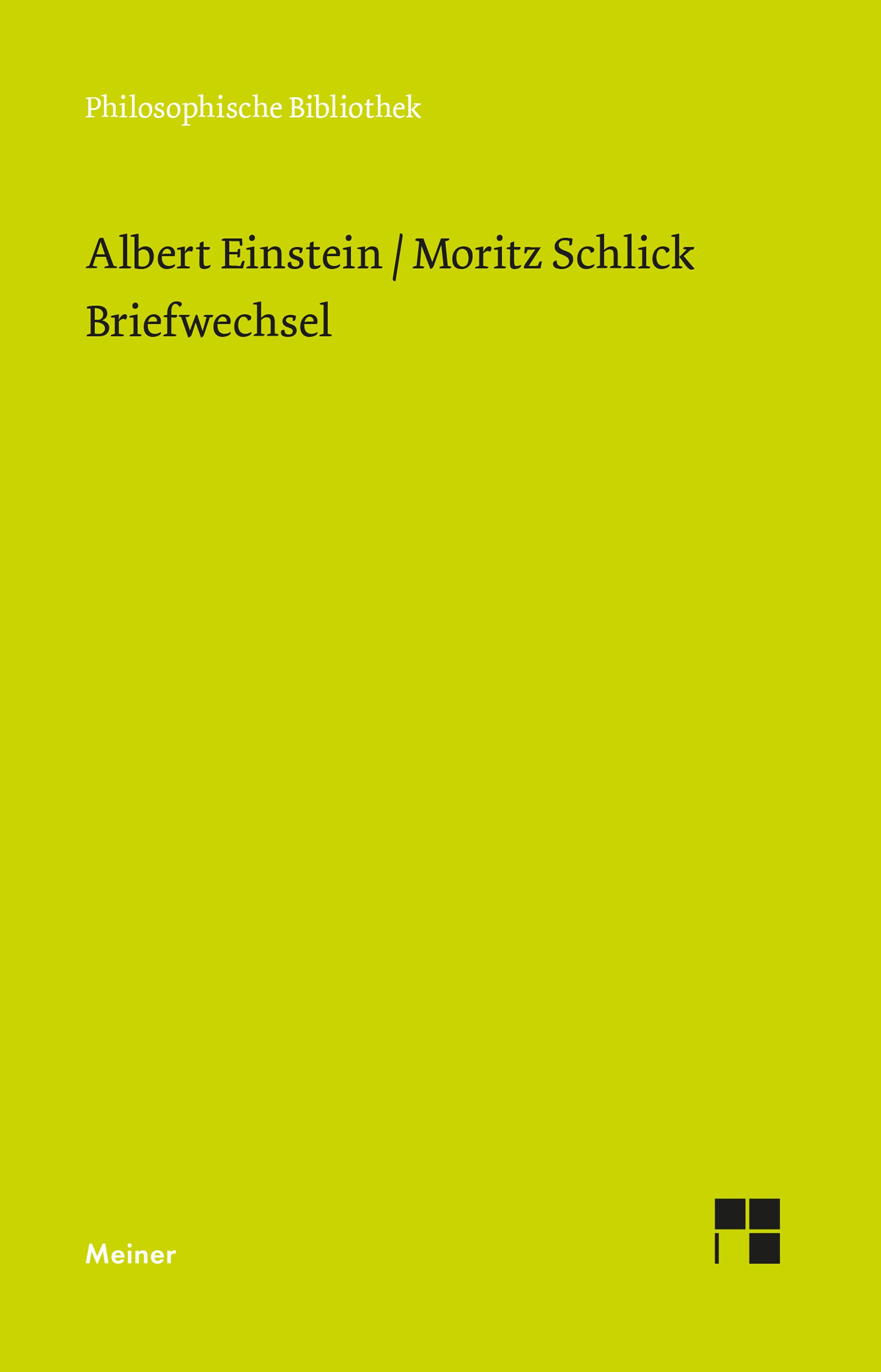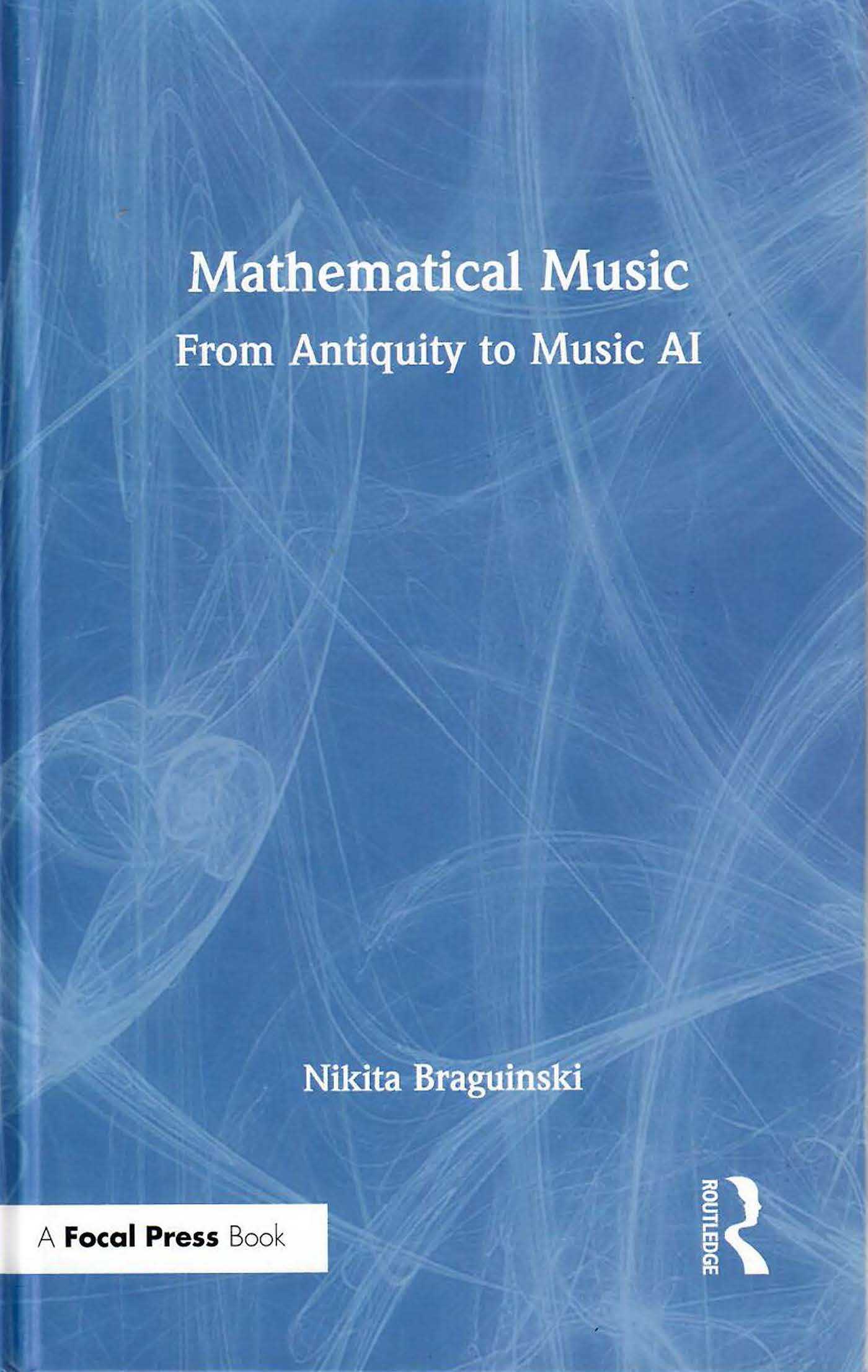Book
Die Evolution des Wissens. Eine Neubestimmung der Wissenschaft für das Anthropozän
Die Evolution des Wissens erzählt in sechzehn Kapiteln die faszinierende Wissensgeschichte der Menschheit. Anhand von Schlüsselepisoden aus der Entwicklung von Wissenschaft und Technik, von der Erfindung der Schrift über die frühneuzeitliche wissenschaftliche Revolution bis hin zu Industrialisierung und Digitalisierung, analysiert Jürgen Renn, wie Wissen entsteht und sich verändert, wie es sich seit Jahrtausenden global verbreitet und auf welche Weise Wissensökonomien und die Gesellschaften, in die sie eingebettet sind, sich wechselseitig beeinflussen.
MORE

Edited Book
Gottlob Benjamin Jäsche: Liebe und Glaube: Morgengedanken An meine Sally, die Verklärte
Seit Kants Träumen eines Geistersehers sind Begegnungen mit Verstorbenen philosophisch diskreditiert. Es entbehrt nicht der Ironie, dass ein Anhänger und Vertrauter Kants, Gottlob Benjamin Jäsche, ein solches Erlebnis mit seiner verstorbenen Frau Sally hatte, das ihn tief und nachhaltig beeindruckte.
MORE
Book
Globale Überdosis: Stickstoff – die unterschätzte Gefahr für Umwelt und Gesundheit
Wir überdüngen den Planeten mit Stickstoff. Eigentlich waren alle biologisch nutzbaren Formen des Elements über Milliarden von Jahren eine heiß umkämpfte Mangelware. Um an sie heranzukommen, haben sich Pflanzen und andere Organismen einige Tricks einfallen lassen.
MORE
Book
Rules: A Short History of What We Live By
Rules offers a wide-angle view on the history of the constraints that guide us—whether we know it or not.
MORE
Book
Narratives on Translation across Eurasia and Africa: From Babylonia to Colonial India
The book disentangles histories of translations from their treatment in specialized intellectual fields, making the point that histories of translations are not merely sub-categories of the histories of pre-modern sciences, religion, law, or literature but are in fact histories of cultural practices that cut synchronically and diachronically through the entire textual fabric of the investigated societies.
MORE

Book
How Einstein Found His Field Equations: Sources and Interpretation
Einstein's field equations of gravitation are a core element of his general theory of relativity. In four short communications to the Prussian Academy of Sciences in Berlin in November 1015, we can follow the final steps toward these equations and the resulting theory's spectacular success in accounting for the anomalous motion of Mercury's perihelion. This source book provides an expert guide to these four groundbreaking papers.
MORE
Book
Einstein secondo Einstein: riflessioni autobiografiche e scientifiche
Einstein secondo Einstein contestualizza le riflessioni di Einstein nelle varie fasi della sua vita e, oltre a presentare il testo completo delle Note autobiografiche, segue il suo itinerario intellettuale dall’infanzia agli ultimi anni, tracciando un quadro avvincente di come si forma uno scienziato-filosofo.
MORE
Book
The Milan Institute of Physics: A Research Institute from Fascism to the Reconstruction
This book offers the first comprehensive and authoritative text on the history of physics in Italy’s industrial and financial capital, from the foundation of the University of Milan’s Institute of Physics in 1924 up to the early 1960s, when it moved to its current location.
MORE
Edited Book
Mathematical Commentaries in the Ancient World: A Global Perspective
This is the first book-length analysis of the techniques and procedures of ancient mathematical commentaries. It focuses on examples in Chinese, Sanskrit, Akkadian and Sumerian, and Ancient Greek, presenting the general issues by constant detailed reference to these commentaries, of which substantial extracts are included in the original languages and in translation, sometimes for the first time.
MORE
Book
L'evoluzione della conoscenza: dalle origini all'Antropocene
In questo volume Jürgen Renn propone un nuovo modo di pensare la storia della scienza e della tecnologia esaminando il ruolo della conoscenza nelle trasformazioni globali avvenute dalle origini della civiltà all’Antropocene.
MORE
Working Group Volume
Premodern Experience of the Natural World in Translation
This innovative collection showcases the importance of the relationship between translation and experience in premodern science, bringing together an interdisciplinary group of scholars to offer a nuanced understanding of knowledge transfer across premodern time and space.
MORE
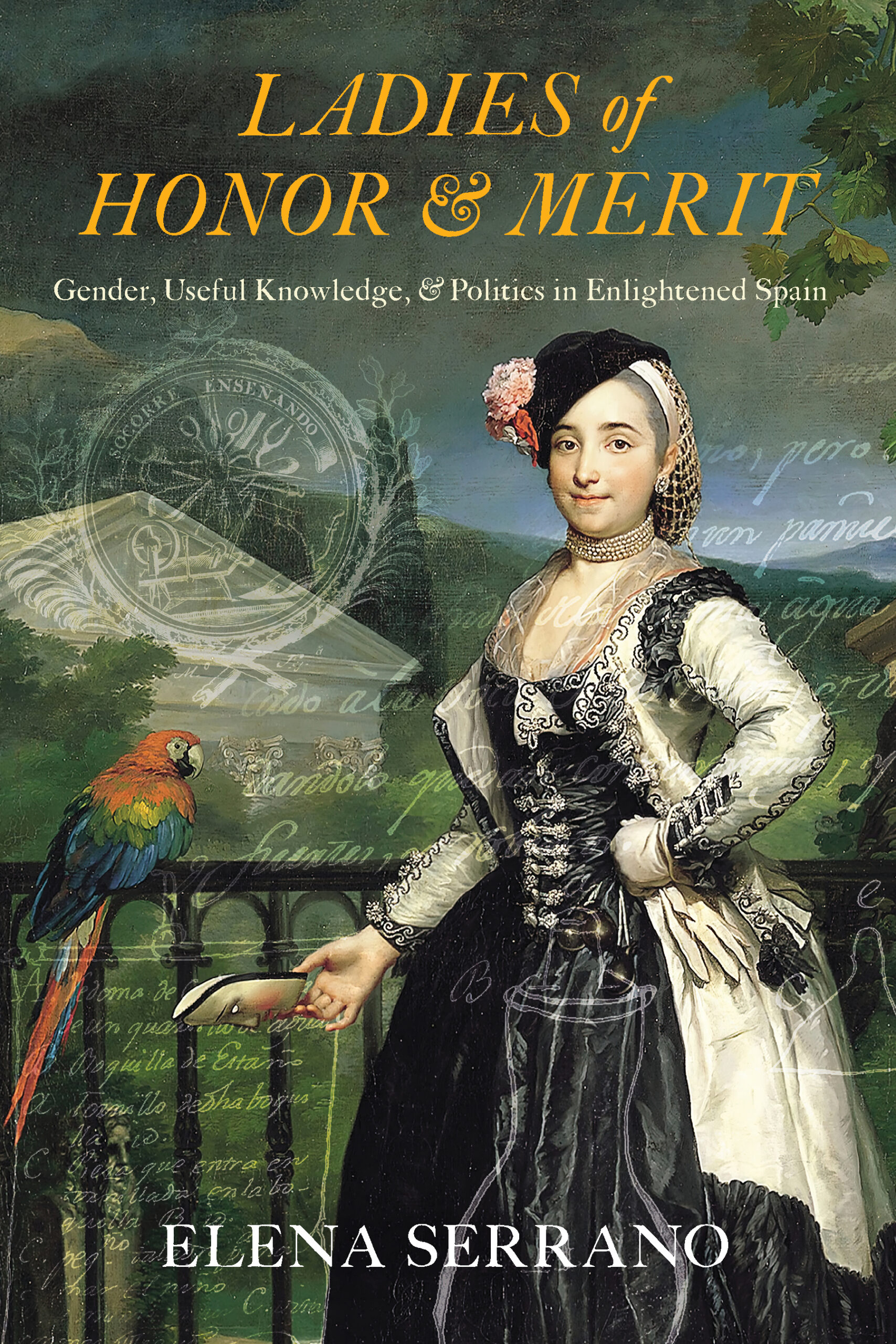
Book
Ladies of Honor and Merit: Gender, Useful Knowledge, and Politics in Enlightened Spain
In the late eighteenth century, enlightened politicians and upper-class women in Spain debated the right of women to join one of the country’s most prominent scientific institutions: the Madrid Economic Society of Friends of the Country. Societies such as these, as Elena Serrano describes in her book, were founded on the idea that laypeople could contribute to the advancement of their country by providing “useful knowledge,” and their fellows often referred to themselves as improvers, or friends of the country.
MORE
Book
Einstein o Einsteinie: zapiski autobiograficzne i naukowe
Jest rok 1946. Za biurkiem, w domu, jakich setki w Princeton, zasiada twórca największej rewolucji naukowej XX wieku. Na czterdziestu pięciu stronach opisuje swoje życie, od zachwytów dzieciństwa do ostatecznych pytań starzejącego się naukowca.
MORE
Book
Korea and the Fall of the Mongol Empire: Alliance, Upheaval, and the Rise of a New East Asian Order
Korea and the Fall of the Mongol Empire explores the experiences of the enigmatic and controversial King Gongmin of Goryeo, Wang Gi, as he navigated the upheavals of the mid-fourteenth century, including the collapse of the Mongol Empire and the rise of its successors in West, Central, and East Asia.
MORE
Making Ammonia: Fritz Haber, Walther Nernst, and the Nature of Scientific Discovery
This open access book discusses the progress of science and the transfer of scientific knowledge to technological application. It also identifies the factors necessary to achieve this progress. Based on a case study of the physical chemist Fritz Haber's discovery of ammonia synthesis between 1903 and 1909, the book places Haber's work in historical and scientific (physicochemical) context.
MORE
Book
Historical Roots of Spontaneous Symmetry Breaking: Steps Towards an Analogy
What are the thinking processes and knowledge resources involved in a complex discovery? How can the physics of solids, the physics of nuclei, and elementary particle physics cross-fertilise in spite of the widely differing domains and energy scales they deal with?
MORE
Book
Unsichere Gewissheiten
Ludwig Wittgenstein unternahm kurz vor seinem Tod noch einmal den Versuch, das zu erkunden, was sich nicht infrage stellen lässt. Er wollte etwas im wahrsten Sinne des Wortes festmachen, damit der Zweifel endlich zur Ruhe kommt.
MORE
Working Group Volume
Publishing Sacrobosco’s De sphaera in Early Modern Europe: Modes of Material and Scientific Exchange
This open access volume focuses on the cultural background of the pivotal transformations of scientific knowledge in the early modern period. It investigates the rich edition history of Johannes de Sacrobosco’s Tractatus de sphaera, by far the most widely disseminated textbook on geocentric cosmology...
MORE
Albert Einstein / Moritz Schlick: Briefwechsel
Die Edition liefert einzigartige Aufschlüsse über die intensiven Debatten zwischen Wissenschaft und Philosophie, die ausgelöst wurden durch die Relativitäts- und Quantentheorie und bis heute unser Naturverständnis entscheidend prägen.
MORE
Book
Mathematical Music: From Antiquity to Music AI
‘Mathematical Music’ offers a concise and easily accessible history of how mathematics was used to create music. The story presented in this short, engaging volume ranges from ratios in antiquity to random combinations in the 17th century, 20th-century statistics, and contemporary artificial intelligence.
MORE

